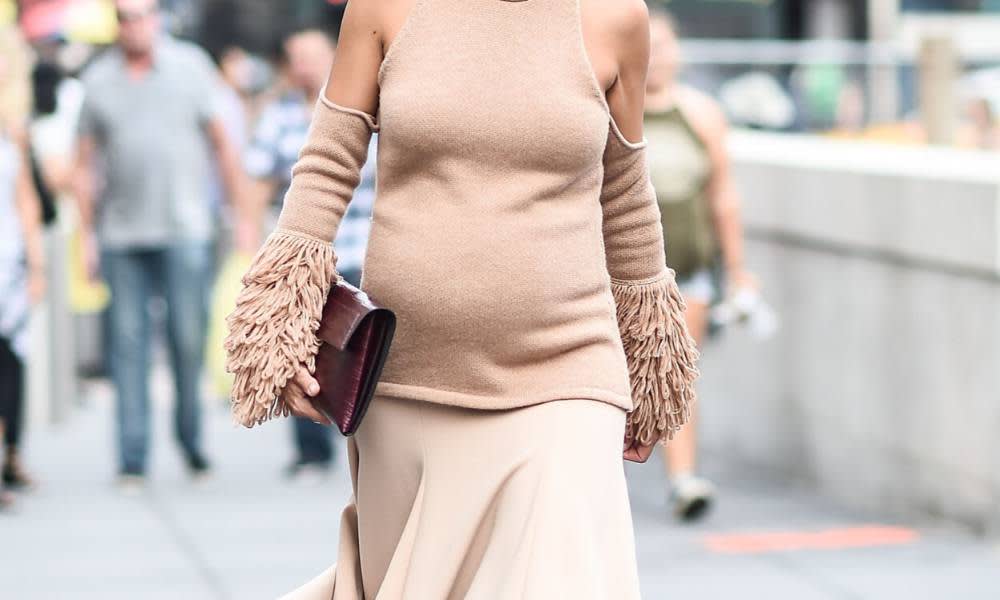Planning on delaying pregnancy until your late 30s or even freezing your eggs?
The most heartbreaking aspect of gynecologist and fertility specialist Dr Joel Bernstein’s job is telling women that they’ve left it too late to get pregnant.
Here’s what he wishes women knew about fertility in their 20s.
Egg quality not quantity is the problem
Once a woman hits her mid-30s, the main problem when trying to get pregnant isn’t the number of eggs she has left, but their quality, which starts to decline unpredictably.
“If the good quality remained, the diminished numbers wouldn’t be particularly important,” says Dr Bernstein. “Our problem is that we’re unable to determine egg quality.”
Which means no fertility expert can tell you how your fertility is tracking.
Being fit and healthy doesn’t help
Some women believe that being fit and healthy will extend their fertile years. But it’s not a lack of fitness that prevents them from having babies later in life, Dr Bernstein says. Again, it’s the quality of their eggs.
“You can be 40; if your eggs are normal you’ll have a baby. It’s the ageing of the egg that’s the problem.”
Older eggs can’t repair sperm
One of the invaluable things that eggs do is repair poor quality sperm, however, they lose this ability as they get older.
“A sperm is like a memory stick inserted into a computer,” says Dr Bernstein. “The egg is a combination of the computer, the peripherals, the internet, the web… everything. It takes the message, it has an application to deal with it and a repair program to fix it up. It does everything. As the egg ages it loses the ability to do that.”
At 35, some women already can’t have children
Some women lose the ability to have children by 35 years of age.
“They’ve still got eggs, they still ovulate and they have regular menstrual cycles. If they go on an IVF program they’ll get embryos but they’ll never have a live baby. A lot of the reproductively older women in their 40s are now having babies with donor eggs,” says Dr Bernstein.
Start freezing your eggs at 30
It’s better to freeze eggs when you’re 30, when they’re likely to be in good condition than at 35, when deterioration starts to become evident.
“A rough ballpark is that before 35 you probably should have about 15 eggs frozen to give you a fairly good chance of having one child,” says Dr Bernstein.
“On the other hand, if you want to freeze your eggs when you’re over 35 you may need upwards of 50 eggs, and there’s still no guarantee there’s a good one among them.”
Read more stories from TheLatch— and follow us on Facebook.

